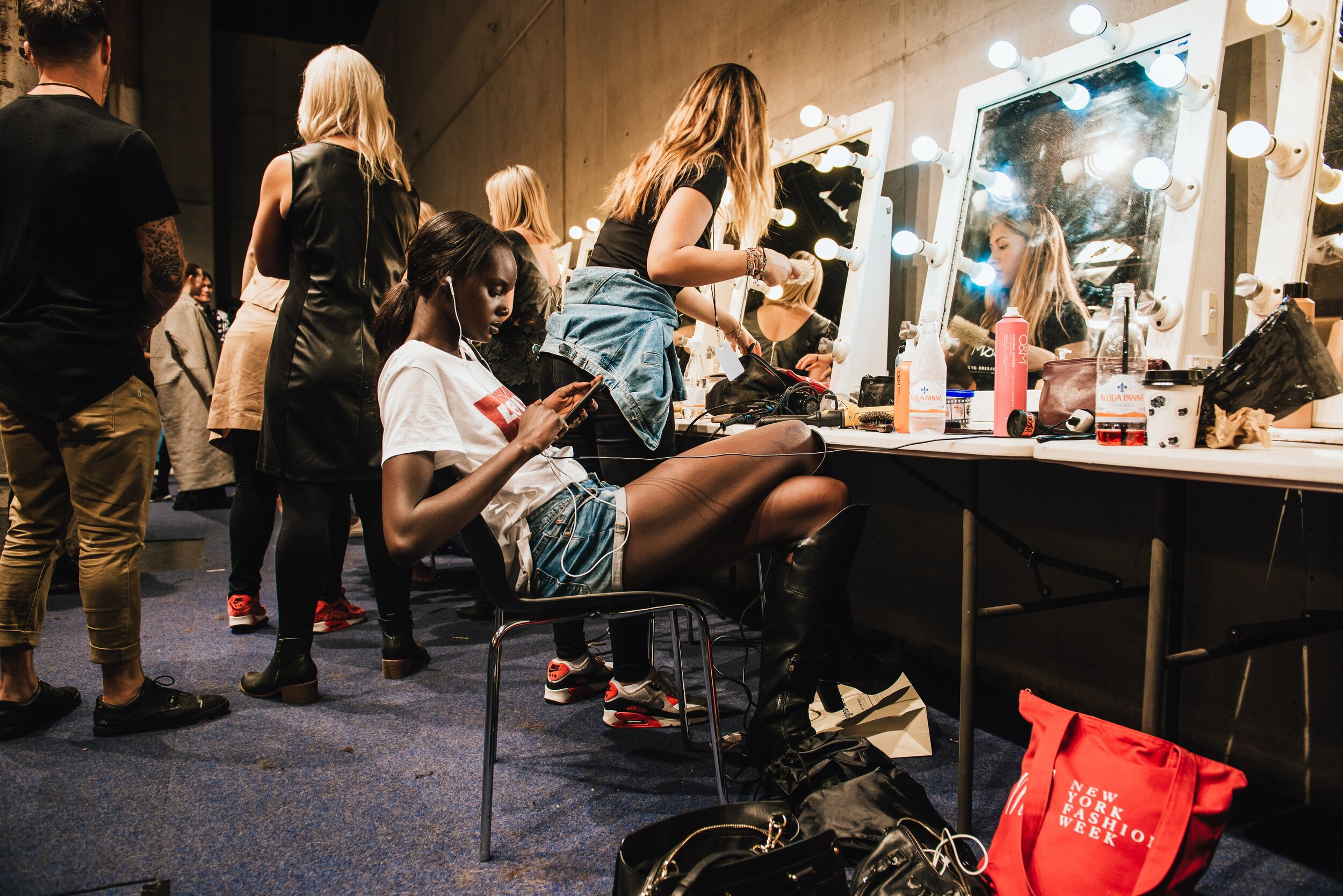A Tamil girl’s perspective on ‘Never Have I Ever’
Written by Jaraniya Vasantharasa
[This article contains “Never Have I Ever” Season 2 Spoilers.]
Mindy Kaling’s “Never Have I Ever” follows 15-year old Devi Vishwakumar, an Indian American high school sophomore at Sherman Oaks High. In just 10 episodes of the first season, we see Devi dealing with the death of her father, her pursuit to find a boyfriend (or in her words, “a stone-cold hottie”) and her struggle to embrace her Indian identity. She is outgoing and quite competitive, as shown with her ongoing rivalry with Ben Gross. But most of all, Devi is a flawed teenager with a lot of conflicted emotions. And she isn’t afraid to unapologetically be herself, no matter how frowned upon that may be.
As a Tamil girl, I think this show is a big step in the right direction for representation. When I heard about this show, I was super excited to finally see a Tamil teenage girl as the star of a coming-of-age series, which was overdue and a very much needed representation for the South Asian community. This show is such a big deal for many in the brown community and pop culture, but not for everyone. Following its release, many viewers have found the show to be quite relatable, and have praised Maitreyi Ramakrishnan’s portrayal of Devi. However, Devi’s experiences don’t resonate with all brown people.
For me, I couldn’t relate to Devi wanting to lose her virginity as a sophomore. Devi feels the need to get a boyfriend and have sex after learning that the people at her school call her and her friends, Fabiola and Eleanor, “The UN,” aka “Unfuckable Nerds.” Although it is important to normalize the conversation around safe teen sex, I do not appreciate Devi’s mission to get laid as the main storyline of the whole series.
What many have been left unnoticed is that Devi has the privilege that a lot of brown people cannot relate to. Even though her parents immigrated to the U.S., they are very educated and live in an upper middle class home — Devi’s mother is a doctor, and it’s pretty obvious that her family does not struggle financially. This doesn’t mirror the experiences for many South Asian immigrants, especially immigrant parents who aren’t assimilated to Western ideals, and those who have to learn to speak English and often work low paying jobs as newcomers. Moreover, Devi goes to therapy which is very uncommon within South Asian communities where there is a lot of stigma around mental health. A lot of brown people don’t seek treatment for mental illnesses because it is not talked about often and it is believed that the disclosure of mental illness will bring shame to the family. It’s also expensive, which often makes it inaccessible to poorer communities. Devi shows obvious anger issues and is recovering from the sudden loss of her father. However, a lot of people who go through similar losses and experiences can’t go to therapy. It’s so important to talk about therapy given the culturally-linked stigma regarding mental health, but the show fails to touch on this fact that is so prevalent in our community.
Although Devi Vishwakumar is the protagonist of “Never Have I Ever,” it’s hard to root for her when she’s the most unhinged character I have ever seen on television. Her selfishness, jealousy and anger always get the best of her and she never fails to make the worst decisions. For example, when Devi dates both Ben and Paxton and thinks she can get away with it because she will be moving to India soon (spoiler alert, she doesn’t) and starts a rumour about Aneesa having an eating disorder (which actually turns out to be true, making Devi even more unlikeable). All of Devi’s decisions blow up in her face every single time, to say the least.
While I don’t relate to her messy social life, I do relate to Devi when she is dealing with family, cultural pressures and the constant struggle of trying to find her place as a South Asian girl in her home and school life — this resonates with me completely. Sometimes she feels like she is “too Indian” or not “Indian enough,” like when she goes to a Ganesh Puja celebration and struggles to embrace her cultural identity. Watching this scene made me think about my experiences with family functions and trips to the temple: the uncomfortable sarees, celebrating Hindu traditions even though I don’t completely understand what’s going on and not to mention the gossiping aunties … it’s all too familiar. I’m glad the show sheds light on Devi’s struggle growing up in a Western society as an Indian girl which I think many young South Asian people can appreciate.
From high school popularity to grief and family issues, “Never Have I Ever” shares the important message of being proud about who you are. It also busts Asian stereotypes by putting the spotlight on ambitious and fierce Indian women, with secret boyfriends and non-conforming attitudes. The show takes a unique look at the Asian-American experience, and it’s so refreshing to finally see a non-typical brown family dealing with mental health and self-acceptance. “Never Have I Ever” is a first for South Asians and should be applauded for so many reasons, but celebrating without critiquing its shortcomings risks the chance of the same mistakes happening again. I love this show and would totally recommend it to everyone. It’s been recently announced that the show is picked up for season three, but don’t wait until then — watch “Never Have I Ever” on Netflix ASAP.










